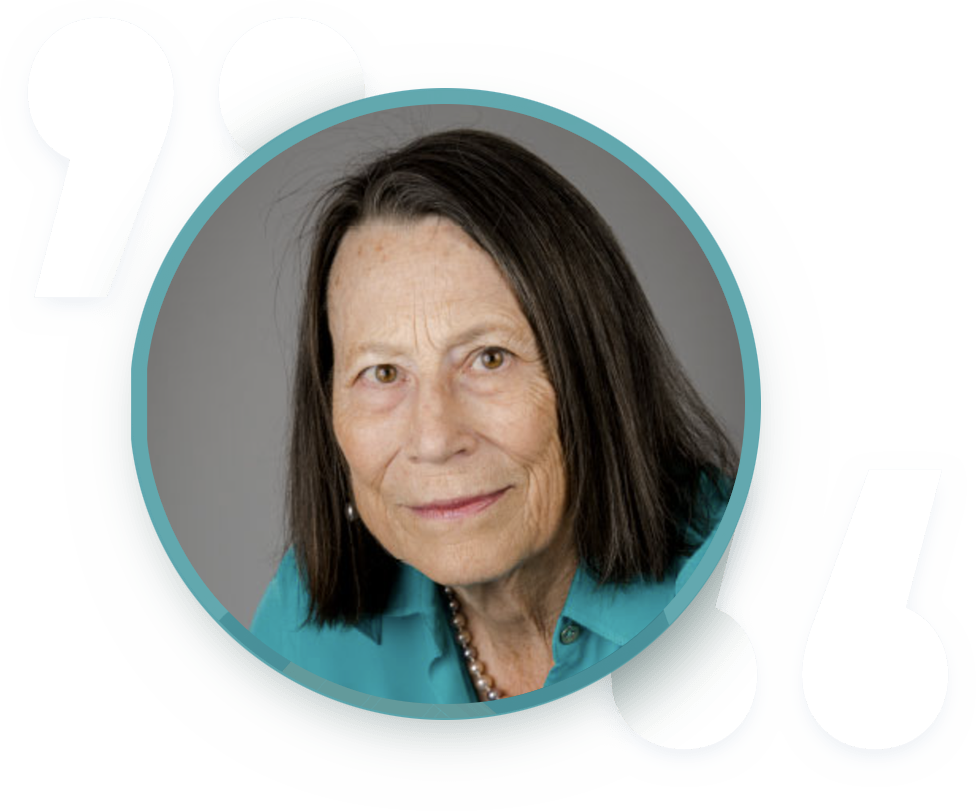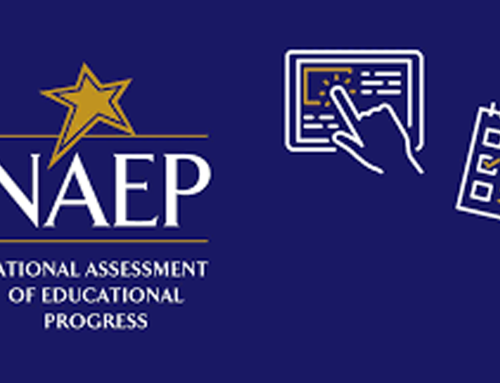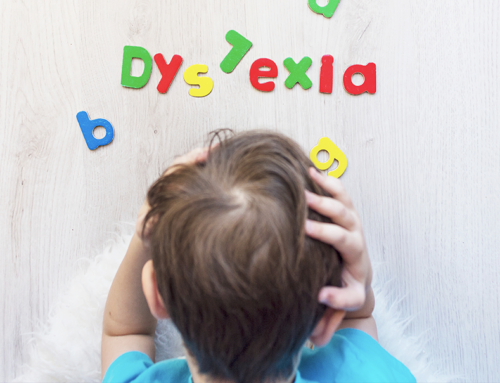
Emily Hanford of American Public Media has written several award-winning reports about dyslexia and reading instruction (“At a Loss for Words: What’s Wrong with How Schools Teach Reading?”). Each one has prompted nationwide discussion. I applaud the depth and insightfulness of these remarkable blogs and podcasts. You can listen to an interview with Hanford on this subject on October 22, 2019 here.
The time has come to call the public’s attention to reading science and to dispel the misconceived beliefs and practices that are so widespread in our classrooms. Not all readers and listeners, however, are persuaded by Hanford’s reporting. Various critics’ blogs and opinion papers have challenged her analyses. In doing so, unfortunately, these skeptics have resurrected some worn-out straw men that once again, require rebuttal. They include the idea that reading science is just about phonics and scripted programs; that it does not address all the important aspects of teaching; and that it does not address reading comprehension.






